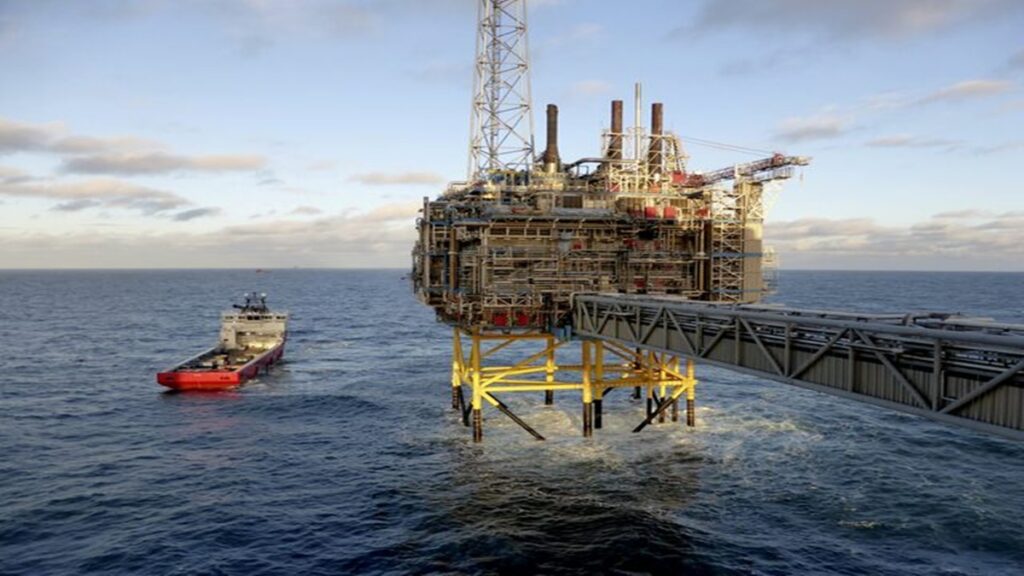NEW DELHI: The government will hold “pre-emption rights” over all crude oil and natural gas produced in the country in case of a national emergency, the oil ministry said in its latest draft regulations on petroleum and natural gas rules.
A pre-emption right is a legal right of a party to buy or to acquire a certain product, asset, property, or resource newly coming into existence before it can be offered to any other person or entity.
The proposed regulation comes as the government seeks to ensure adequate stock and availability of oil and gas – used in various sectors such as power, CNG, PNG, fertilizer, paint etc – in case of national emergency and adversities amid increased geopolitical uncertainties, as per analysts.
“In the case of a national emergency in respect of petroleum products or mineral oil, the Government of India shall, at all times, during such emergency, have the right of preemption of the mineral oils, refined petroleum or petroleum or mineral oil products produced from the crude oil or natural gas extracted from the leased area, or of the crude oil or natural gas where the lessee is permitted to sell, export or dispose of it without it being refined within India,” the draft rules said.
It added that the fair market price prevailing at the time of pre-emption shall be paid to the lessee by the government, for the petroleum or petroleum or mineral oil products or the crude oil or natural gas taken in pre-emption.
“This has been the case for resources that are scarce in the country. This is being done primarily in cases of national emergencies since we also have low buffer stock of oil,” said Prashant Vasisht, Senior Vice President and Co-Group Head, Icra. “Indian Strategic Petroleum Reserves Ltd only has some 9 days of stock. Though the oil companies also have storage, these are strategically important assets so the government has probably come out with the rules.”
However, private players in the country’s upstream sector have time and again said that the price discovery would be better in the global markets.
“The Government of India shall be the sole judge as to what constitutes a national emergency in respect of mineral oils, and its decision in this respect shall be final,” the government said without specifying what constitutes a national emergency.
The rules also said that if a lessee fails to meet lease obligations due to force majeure, the Adjudicating Authority cannot impose penalties, and any resulting delays will extend the timeline for fulfilling those obligations unless the contract states otherwise.
“Force majeure” includes an act of God, war, insurrection, riot, civil commotion, tide, storm, tidal wave, flood, lightning, explosion, fire, earthquake, pandemic and any other happening which the lessee could not reasonably prevent or control, the draft rules said.
The Ministry of Petroleum and Natural Gas has invited feedback on draft rules after the Parliament in March passed the Oilfields (Regulation and Development) Amendment Bill 2024 in an attempt to make oil and gas exploration in the country more attractive for companies.
The Bill proposes to broaden the definition of mineral oils, which previously included only petroleum and natural gas and introduces the concept of a petroleum lease. This lease covers various activities related to mineral oils, including exploration, prospecting, production, making them merchantable, and disposal.
Source: The Financial Express

 India Planning Retaliatory Duties Against US’ Steel, Aluminium Tariffs
India Planning Retaliatory Duties Against US’ Steel, Aluminium Tariffs 